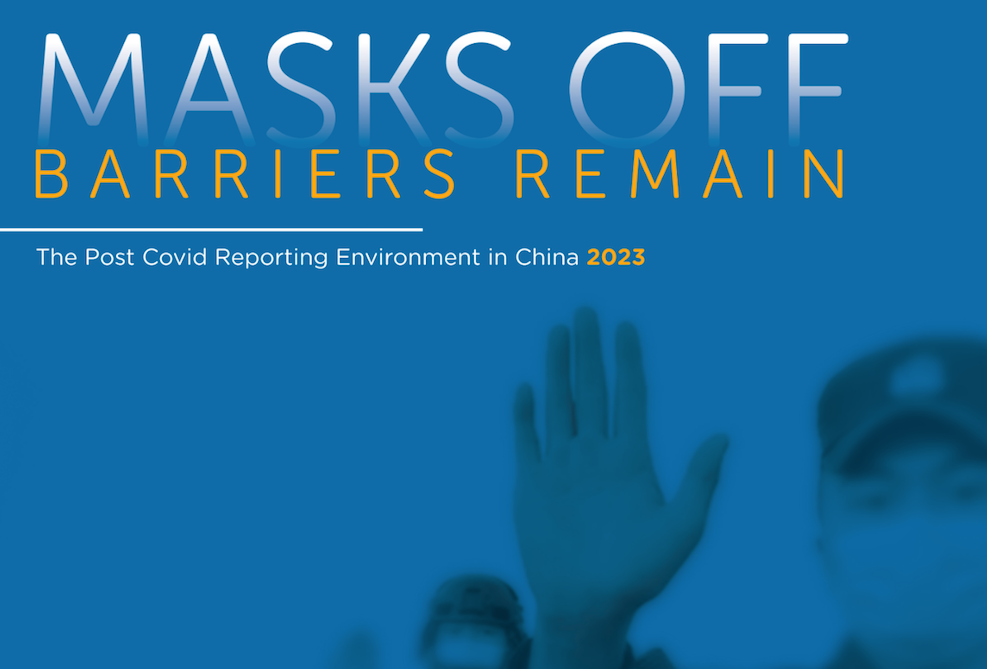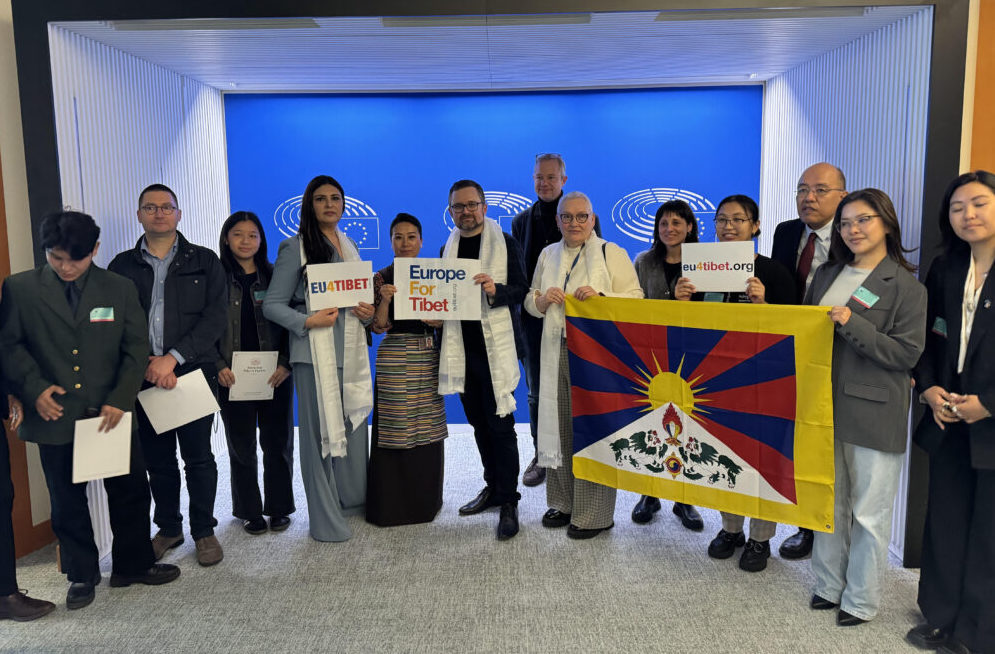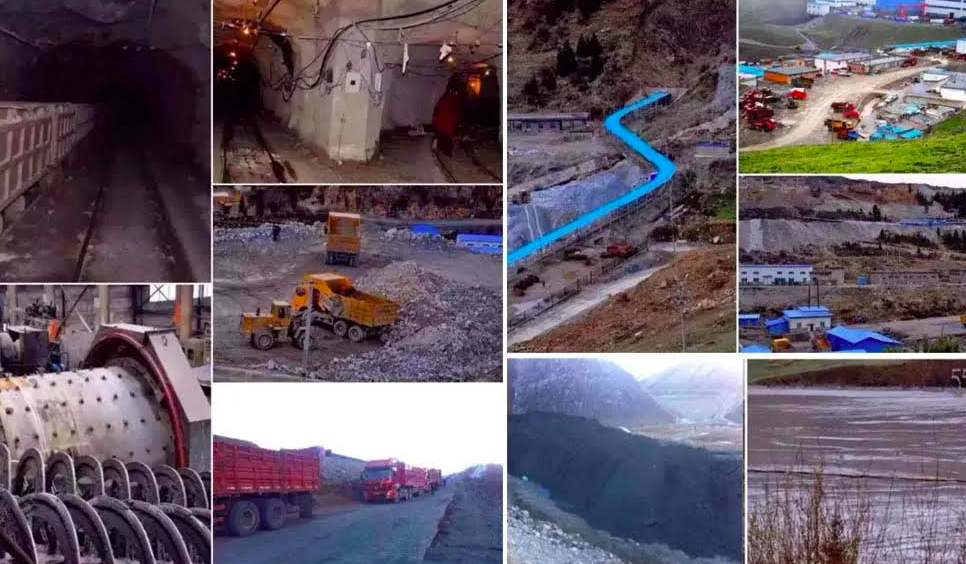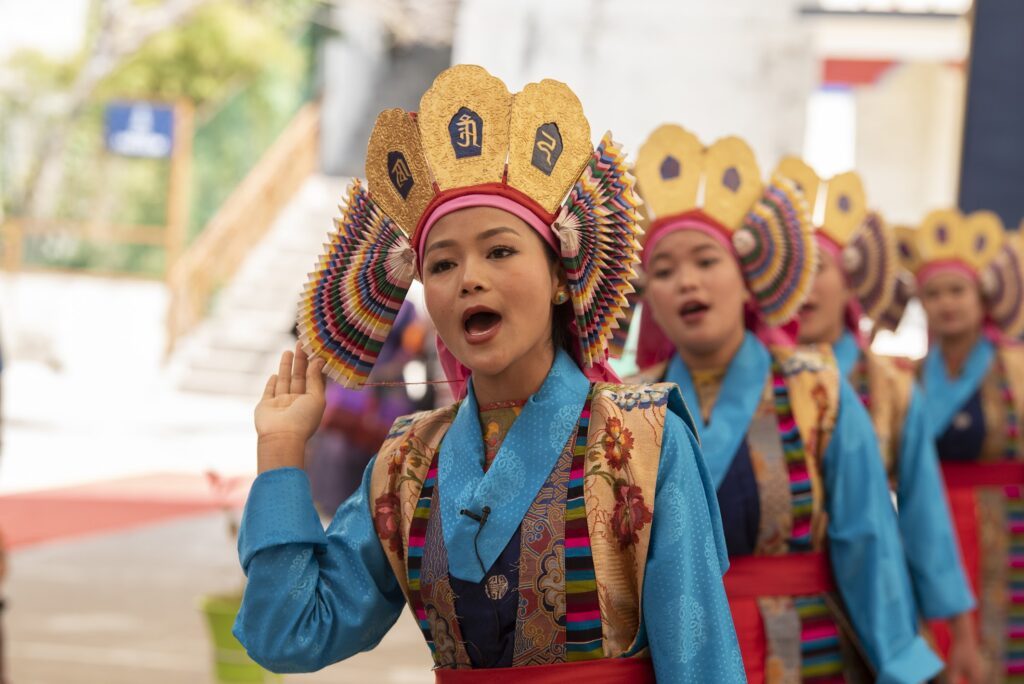The Tibetan Centre for Human Rights and Democracy (TCHRD) releases today its new publication entitled “2002 Annual Report: Human Rights Situation in Tibet”. This report takes a hard look at China’s compliance with the two international instruments of human rights, i.e. the International Covenants on Civil and Political Rights (ICCPR) and the Economic, Social and Cultural Rights (ICESCR).
TCHRD found China’s human rights policies and practices in Tibet as contradictory and self-defeating. There was a pattern of Beijing’s human rights diplomacy using the cover of concessions to prelude fresh crackdowns on dissent assuming that the world leaders are less likely to react strongly after a gesture of goodwill.
China did show several positive signs with the release of six prominent political prisoners, by hosting Tibetan delegations from exile as well as by inviting two groups of foreign correspondents in 2002. In the same vein, linking activities of religious persons to acts of terrorism, holding secret trials and execution, death from torture and imposing extreme sentences occurred during the year. As of December 2002, TCHRD record indicates a total of 208 known political prisoners languishing in various prisons and detention centres in Tibet.
Chinese authorities executed Lobsang Dhondup on 26 January 2003. Lobsang Dhondup’s death sentence was passed on 3 December 2002 along with Trulku Tenzin Delek, who was sentenced to death with a two-year reprieve for their alleged involvement in bombing incidents. In another incident, Lobsang Dhargyal, a Tibetan monk, was tortured to death on 19 November 2002 while in custody. This brings the total number of known death of Tibetan political prisoners to 81 since 1987.
The recent decline in political and religious activism is the result of heightened surveillance and heavy-handed brutal suppression by the authorities. TCHRD received reports of many arrests of exile returnees in the “Tibet Autonomous Region”, of monks for performing religious rites and of others for engaging in peaceful pro-independence activities. Tibetan refugees fleeing or entering Tibet continued to face severe hardships along the border between Tibet and Nepal. As of now, there are 13 Tibetans serving long-term sentences in jail in Nepal today.
In the religious sphere, the anti-Dalai Lama campaign was heightened and restrictive measures were imposed on observance of traditional religious practices and belief. This year, the influential religious leaders in Tibet came under severe persecution, and indoctrination of monks and nuns continue to take place under the aegis of “patriotic education” campaign.
Internet censorship remained a big issue in 2002. There were reports of the State employing more that 100,000-cyber police to maintain a tight control over the Internet. Key words that the PRC deem “sensitive” such as democracy, human rights, the Dalai Lama, Tibet and Taiwan trigger blocks on the Internet. Jamming and strict control of foreign radio, TV and news broadcasts in Tibet continued to be stringent.
In the area of Economic, Social and Cultural Rights, the PRC’s policies on the Tibetan plateau fall far short of international standards of good governance. Tibet, along with 11 other western provinces of China, forms one of the country’s poorest and the most underdeveloped regions.
Under the Western Development Program (WDP) launched in 1999, China is pouring billions of dollars into Tibet and other remote western areas. Despite the huge propaganda hype relating to the WDP, Tibetans view its main aims as being exploitation of their natural resources and the transfer of Chinese settlers on to their land. Additionally, TCHRD views such “development programs” to be aimed at cultural assimilation.
Education policies in Tibet are used as a means to indoctrinate communist ideologies. Students are forced to denounce the Dalai Lama, taught Chinese version of history, and the medium of instruction in most schools are Chinese.
Tibetans in Tibet have very limited or no access to healthcare facilities. Health provisions for Tibetans continue to lag far behind China’s national averages, and fall short of international standards of adequate healthcare. The increasing cost of hospital care, and the shortage of trained village-level health professionals, contribute to a worsening health situation for Tibetans.
The fundamental problem in Tibet with regard to human rights abuses and restrictions on human freedom is not the lack of laws but the Chinese government’s lack of implementation of them. It becomes apparent that the strength of the rule of law, in which lies its universal relevance and application is non-existent.
TCHRD calls upon the international community to maintain pressure on the PRC until signs of real improvement in human rights are seen on the ground. Beijing must adhere to international standards of human rights both for its own citizens and for the people of Tibet.
Contact: Norzin Dolma/Tenzin Norgay
Telefax : 01892 223363/225874









